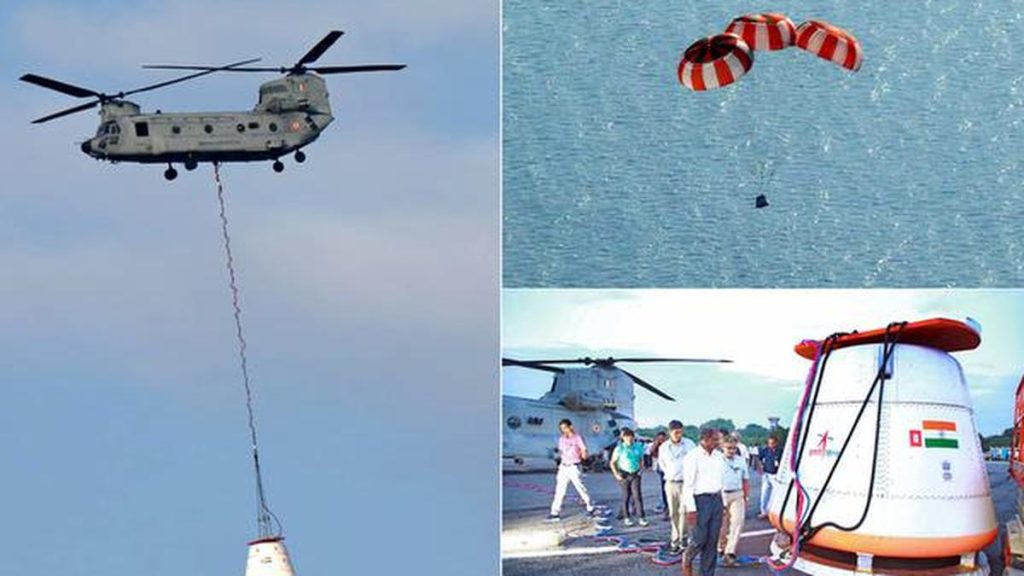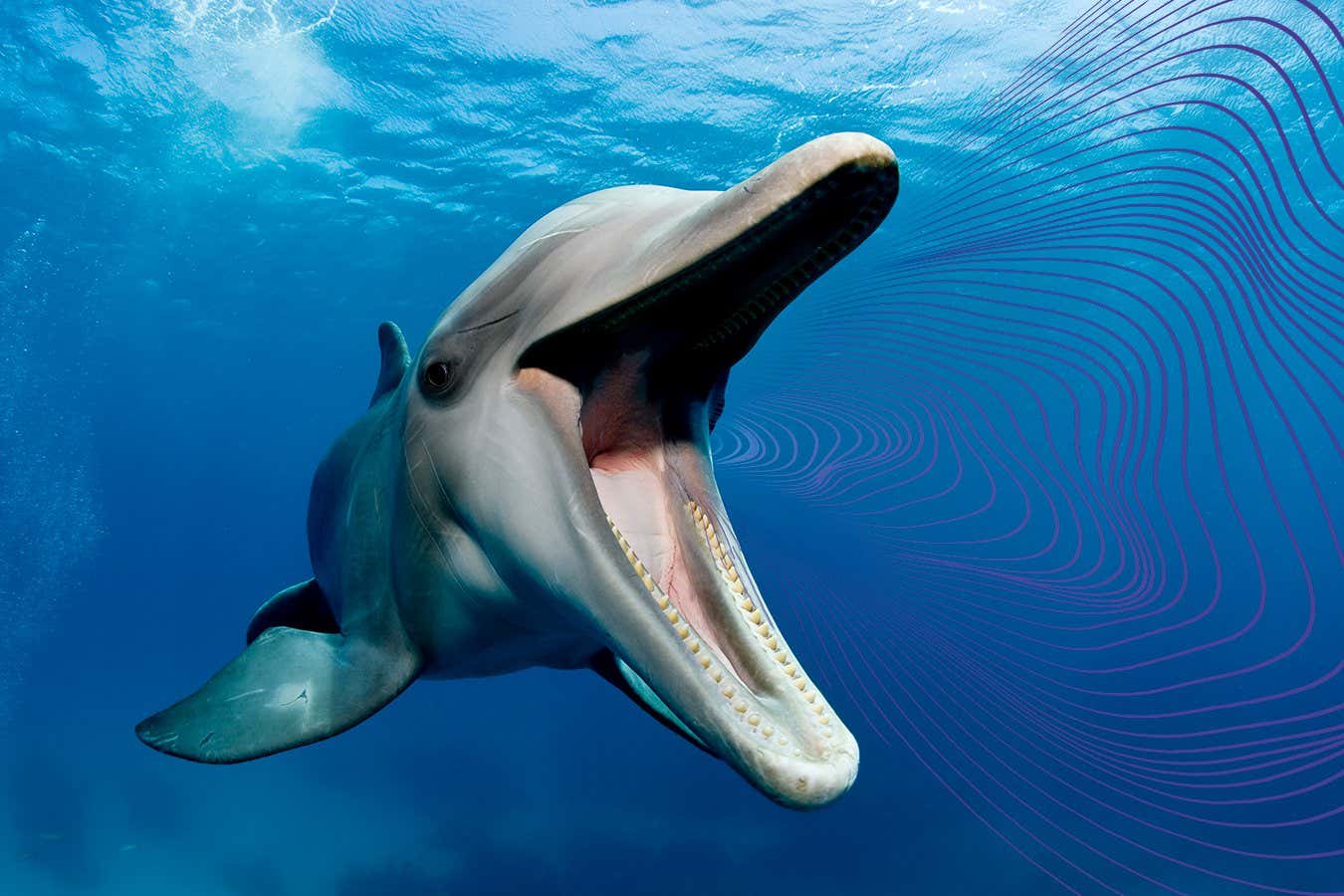Now Reading: Decoding the Survival of Frozen Microbes for 100,000 Years
-
01
Decoding the Survival of Frozen Microbes for 100,000 Years
Decoding the Survival of Frozen Microbes for 100,000 Years

quick Summary:
- Microbes from Siberian permafrost, dating back 100,000 to 120,000 years, appear to have remained alive during this extended timeframe.
- Researchers recovered DNA from a marine sediment layer that froze within this ancient period and used DNA repair enzymes for analysis.
- Six species of microbes were identified as living due to their intact genomes; these belonged to the phylum Promethearchaeota (or Asgard archaea),considered relatives of eukaryotic life like animals and plants.
- The study suggests Asgard archaea may share survival traits across various environments due to genes associated with protein and DNA repair mechanisms.
- These findings provide insight into evolutionary history and how such organisms might have survived extreme conditions like “Snowball Earth.”
- Experts caution these results are limited to frozen environments and do not necessarily equate prolonged freezing with active living processes over time.
Image description: A photo showing examples of Archaea microorganisms that survive in extreme conditions (CREDIT: STEVE GSCHMEISSNER/SCIENCE PHOTO LIBRARY).
Indian Opinion Analysis:
The research on ancient microbial survivability deepens our understanding of life’s resilience under highly restrictive conditions-potentially influencing industries ranging from biotechnology to astrobiology in India’s scientific pursuits. Uncovering survival mechanisms in frozen environments may hold relevance for cryopreservation techniques or studies on extremophile organisms relevant for space exploration programs like ISRO’s planetary missions.
India is uniquely placed with varying geography-ranging from Himalayan glaciers where similar microbiological studies could be planned-to its burgeoning interest in life sciences advancements contributing globally via partnerships or indigenous innovation capacities.
however, the findings call for caution against extrapolating survival attributes beyond specific contexts (e.g.,frozen sediments). scientists should carefully calibrate expectations when applying lessons learned here toward broader ecological or evolutionary interpretations relevant to India’s biodiversity challenges.

























